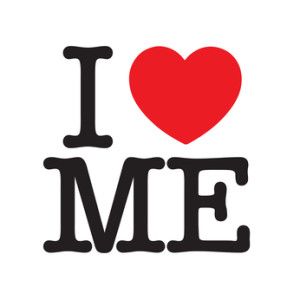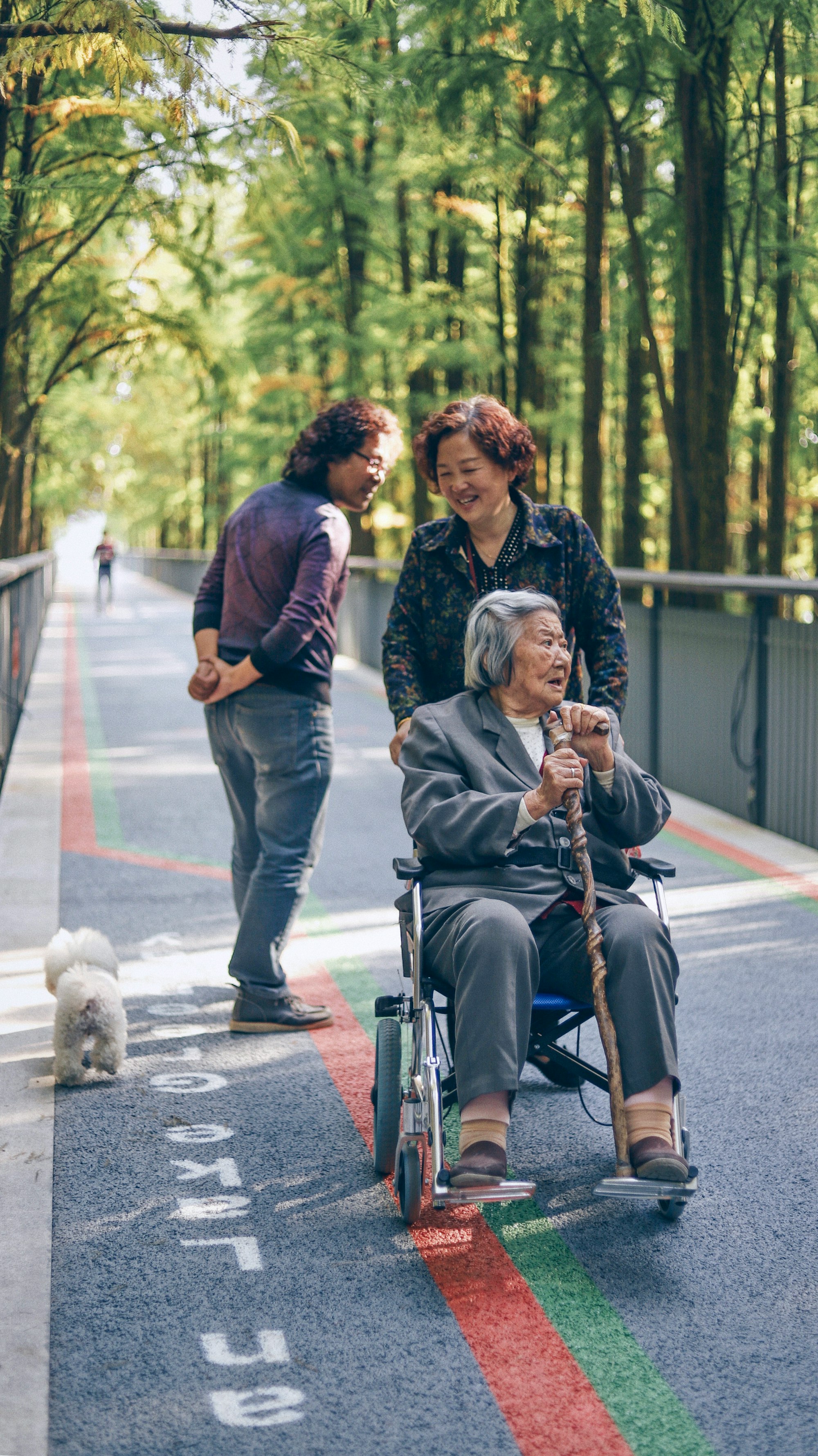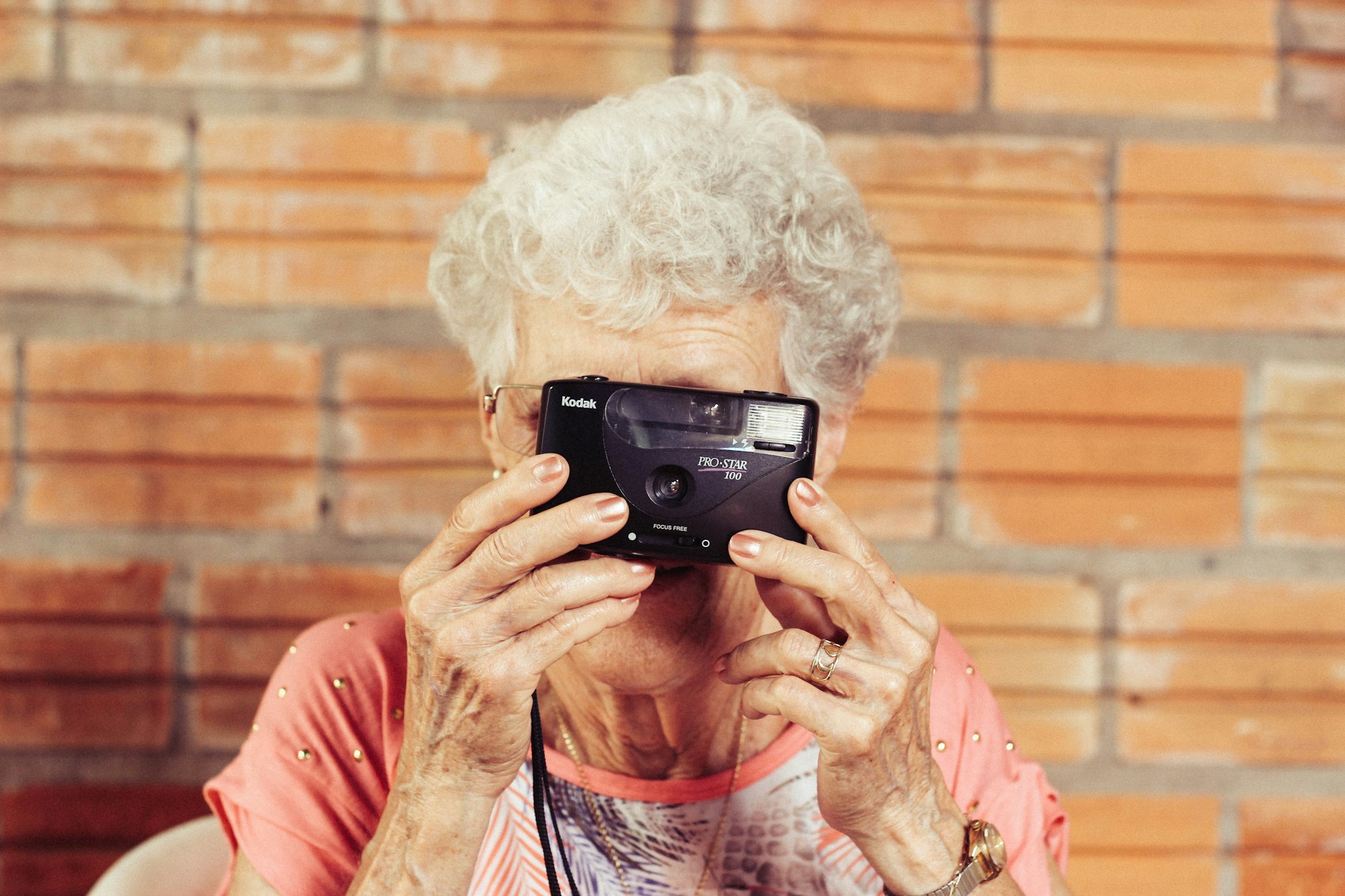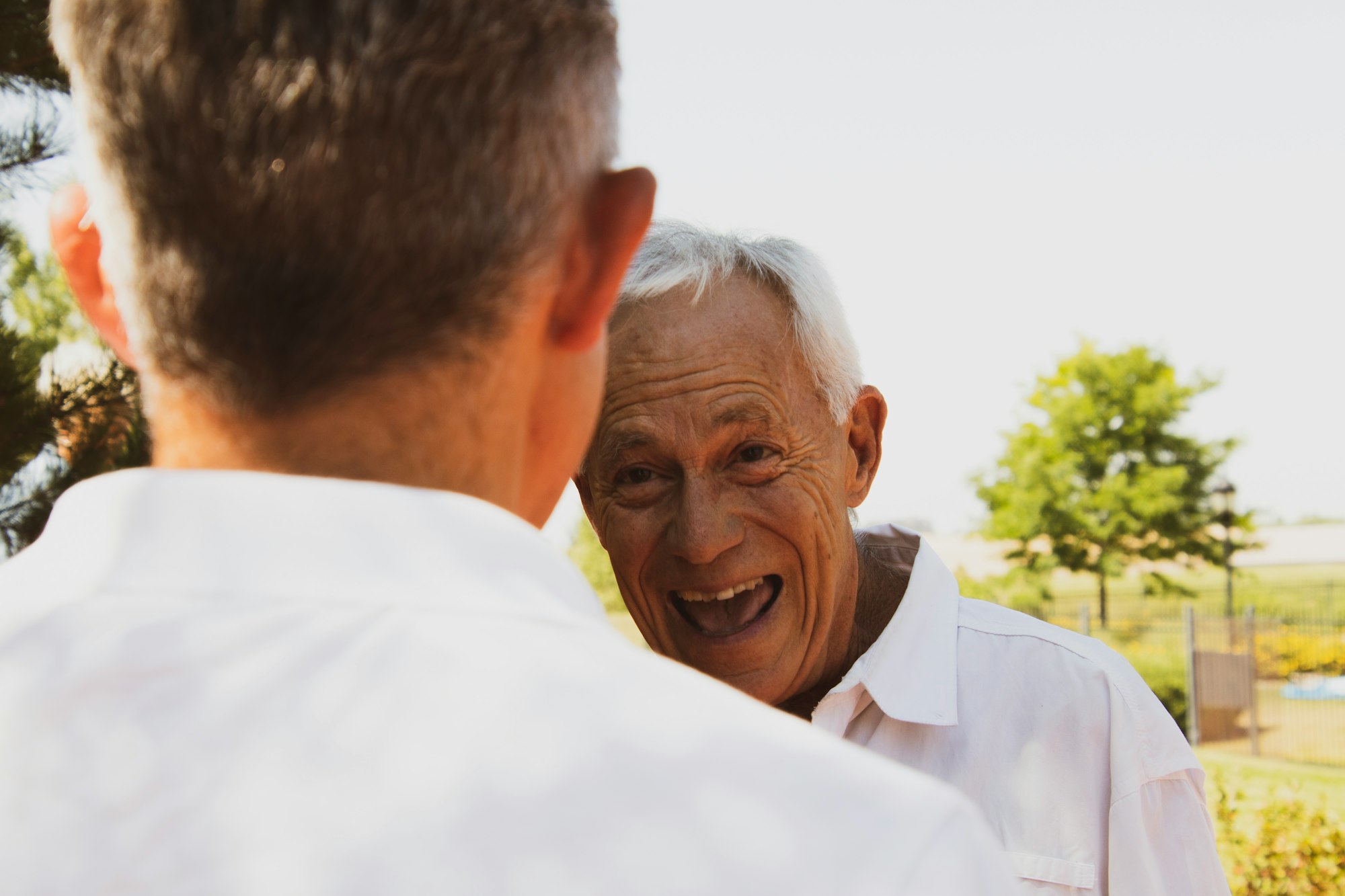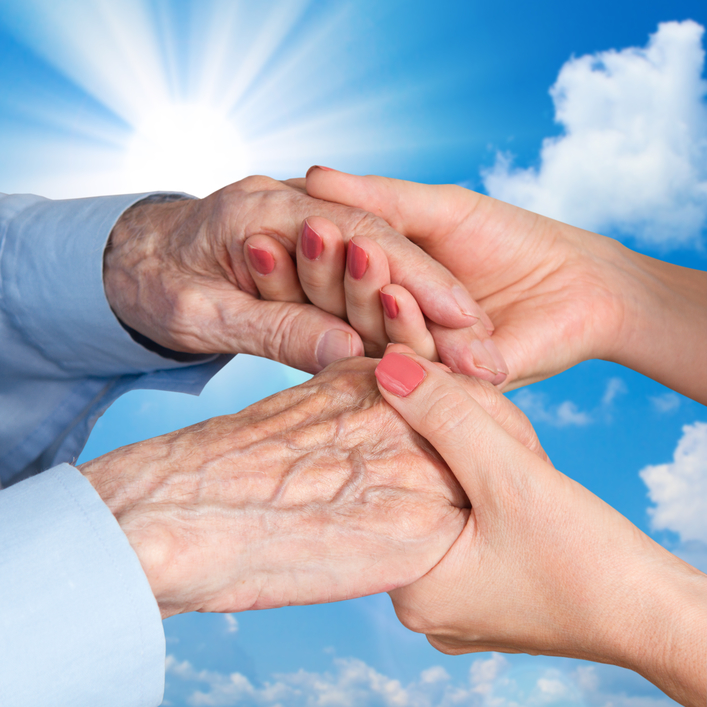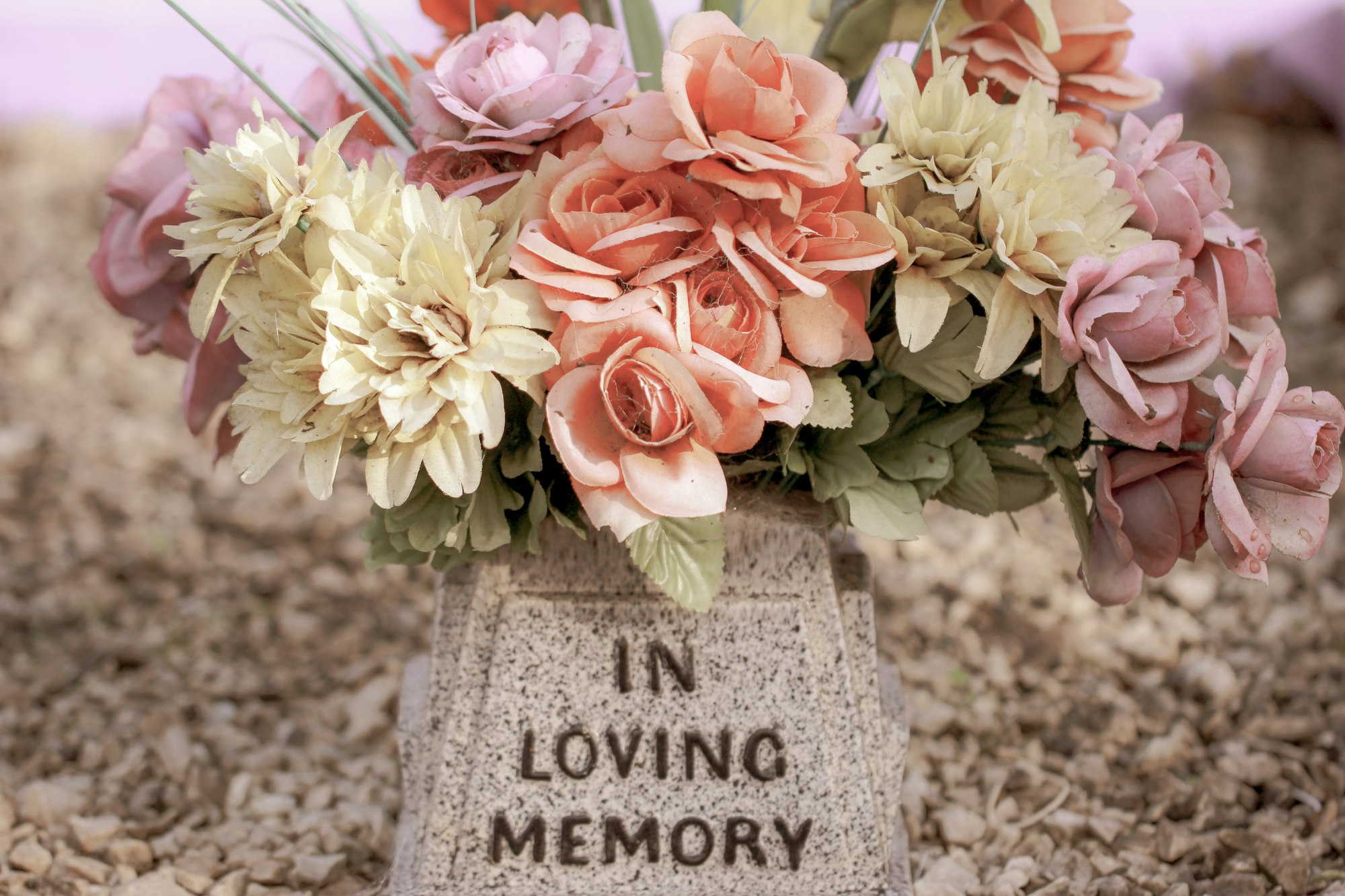Episode 23 – Kim Doviak Van Hassel – Caring for aging parents. A Love Story. Part 2
In this episode of Caregiver Relief, Diane Carbo interviews Kim Doviak Van Hassel, a caregiver coach and podcast contributor, about her experience caring for her elderly parents. Tune in to hear about the importance of good communication in caregiving and the lessons learned from Kim's journey.
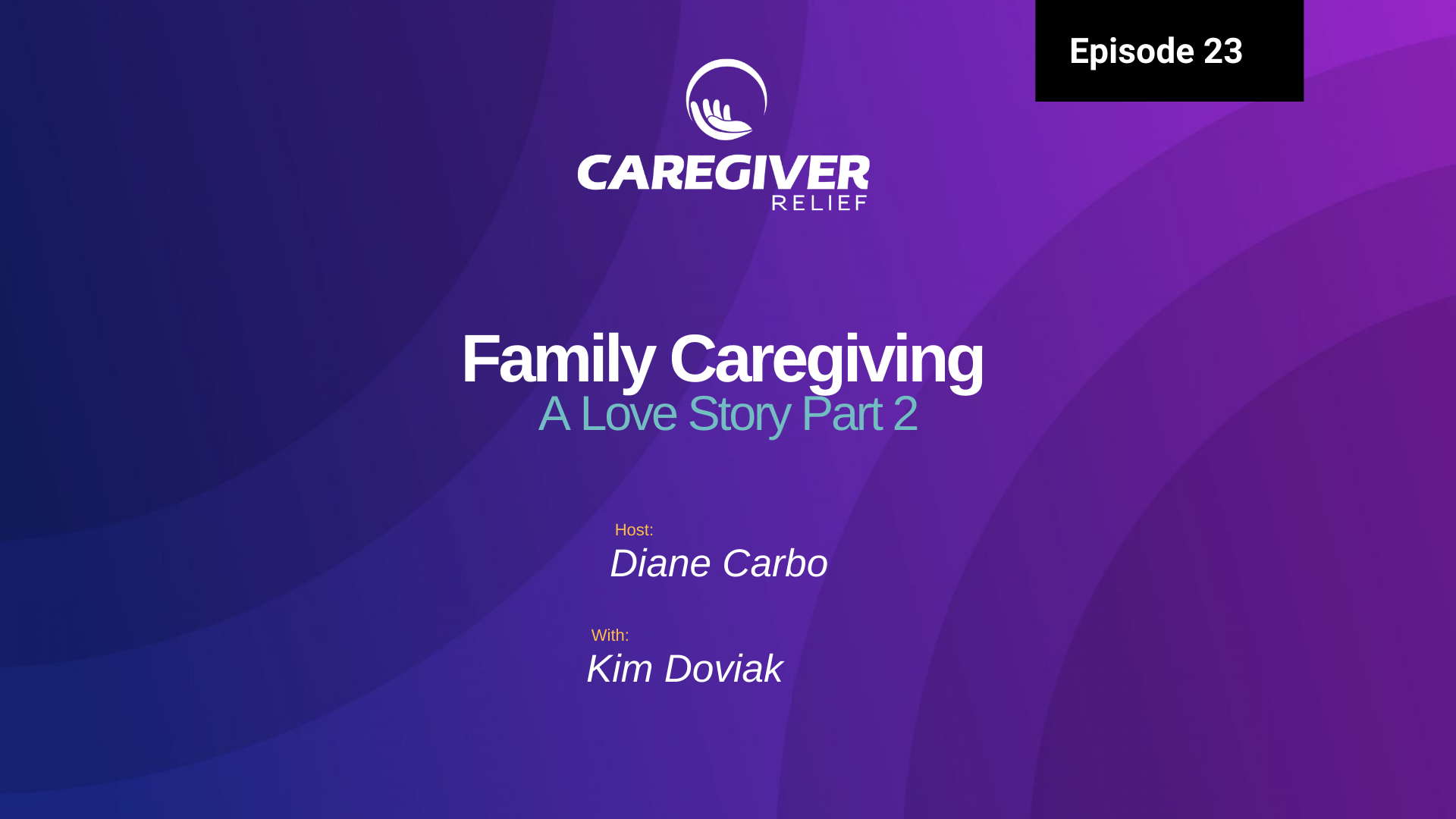

In this conversation between Kim Doviak Van Hassel and Diane Carbo, both experienced caregivers, you can expect to gain valuable insights into the world of caregiving for aging parents. They will share their personal experiences and stories, discussing the emotional and practical challenges they faced while caring for loved ones with conditions like Parkinson's disease and dementia.
Throughout the conversation, you'll hear about the complexities of caregiving, including issues related to communication, autonomy, and the impact on the caregiver's own health and well-being. Kim and Diane will also touch on the importance of self-care for caregivers and the need for greater support within the healthcare system.
Diane Carbo: Hi, this is Diane carbo with caregiver relief. And today we have Kim Doviak Van Hassel with me. Kim is a caregiver coach, a podcast contributor, and he has graciously Agreed to care her caregiving journey.
Diane Carbo: I’m going to give a little synopsis of our last call with Kim. Kim is an only child with two parents who became ill. She did long distance caregiving for a few years and had a little bit of help. Not a lot, only a few hours, I think in the beginning. Then she had a situation where her mom fell and.
Diane Carbo: Her whole life changed. So this brought us onto another difficult chapter. One that would change their lives forever. Kim, I’m so excited and grateful that you’re sharing this because your journey is like many caregivers journeys, one of the most emotionally complex and difficult things any person can do is experienced taking care of an elderly parent.
Diane Carbo: And you did it all. So I’d like to start with you sharing what happened and how your life changed after your mom fell.
Kim Doviak Van Hassel: Thank you, Diane for sharing my story to others I feel. That my parents have so much love for each other. I love the fact that they’re going to be heard. Their love story is going to be heard over the internet.
Diane Carbo: I’d like to interject there that I help take care of your parents. I have to tell you, I came to fall in love with your mom and dad. . I’d like to share with people that I think one of the things that you did was you were very lucky because you had such good communications with your folks.
Diane Carbo: Amazing. Your mom was a nurse. Your dad was a friend of Bill’s and if anybody doesn’t know what that means, he was a lifelong AA member. So you grew up with a lot of good communications in your family.
Kim Doviak Van Hassel: Yes. And no, there’s a time in my teenage years. I rebalance them through a hard time. No matter what they’ve been taught as far as communication, I’m sure contributed to some of their illnesses later on, but It came full circle and I really had this need to love and take care of them and be this family again that we were when I was young, except for they were older.
Kim Doviak Van Hassel: And it was the three of us by elderly parents to me. We just became a close family again, until they passed away.
Diane Carbo: You did an amazing job and you struggled. I know that we talked often and you struggled. So let’s get to the day where your mom fell and everything changed. Let’s talk about that.
Kim Doviak Van Hassel: I had been at their house for a couple of days. Mom needed some help getting. To the doctors. She wasn’t driving that well with her Parkinson’s and my dad wasn’t driving at all anymore. So I took them to an eye doctor, get their eyes checked. And we got home. I sat on the couch and I was resting. She was up doing a few things, which I didn’t think she needed to be monitored at that point.
Kim Doviak Van Hassel: But she fell hard and I heard it and I was on the phone. I had to drop the phone and go running and there she was on the floor. In fact, I sent you a picture of that. There, she was on the floor and we didn’t know what to do. We didn’t know if she broke anything or whether we should just try to get her up ourselves.
Kim Doviak Van Hassel: When something like that happens, you should always call the emergency response because if she broke some at least they’re there to get her up and figure out what happened to any of her body.
Diane Carbo: Yes, it was it’s important that people know that they shouldn’t second guess themselves. It’s important that your family member be assessed by healthcare professionals because falls are the number one independence robber of seniors.
Kim Doviak Van Hassel: And this full rubbed, older independence. This was the beginning of a whole new lifestyle for all of us. My mom refused to go to the ER, however we called her Parkinson stutter and he got her into rehab because he knew that she was falling a lot and he wanted to try to get her stronger and better to move on with the next part of her life. But while she was in rehab, she was having trouble breathing . She went in the hospital emergency room twice. The second time her oxygen levels were quite low.
Kim Doviak Van Hassel: Apparently from the fall, she either broke a rib or she got pneumonia from not being able to breathe deeply from the fall and everything changed. He was in an emergency room for about 24 hours until they finally got her set in. I sat there with her . I stayed in Tom’s river with them. I watched my dad while she was in the hospital, in the rehab, but then went to the hospital.
Kim Doviak Van Hassel: She stayed in the hospital for three weeks. After that fall, they found out that she couldn’t swallow. So Parkinson’s. The a way, the ability to swallow those muscles can’t pull them full down. And so instead it goes into their lungs and she developed aspiration pneumonia. After that, they told me that she can’t eat anymore, and that we had to make a decision.
Kim Doviak Van Hassel: And the decision was feeding tube in her nose, a G tube in her stomach or nothing. And that she would die if she got nothing. So I’m in the hospital with my mom at the same time. I’m in the hospital, my aunt’s in the hospital and she’s dying. My father’s in the hospital for seizures. So had all three of them in the hospital.
Kim Doviak Van Hassel: I spoke to my mom about the feeding tube and to see how she felt. , she didn’t want feeding tubes.
Diane Carbo: Yeah, exactly.
Kim Doviak Van Hassel: But for some reason, when she came to that point for life-sustaining measures, she didn’t want to go.
Diane Carbo: This is what people need to understand. You can put something in writing and you need to have those conversations with your family members. Up into the point that you are still competent enough to tell people what you want, you have the ability to change your mind, and you hope that your family members. That you’ve identified as your power of attorney will honor those wishes and knowing the relationship between your mom and your dad.
Diane Carbo: I can see where, because as a nurse, she knew that she was not going to get better. She was only going to decline, but she wasn’t ready to leave your dad.
Kim Doviak Van Hassel: No, not at all. They had a plan. The plan was. He was going to die first and she was going to die next and they were sticking to it. She decided that she was going to live from my dad and me too, because she knew it was hard losing a mother. It was all her decision to get the G2. We discussed it. She said, I don’t want to give up our family, the three of us. I want us to be together in a family and I want the G-tube. So they gave her the G-tube and she stayed in the hospital for three weeks trying to get her oxygen back up again.
Kim Doviak Van Hassel: And the pneumonia taken care of. And finally, he was able to be released to a rehab. We went to a different rehab this time. It was going to be for awhile because she could not take care of herself. She could not feed herself. It was a tough time. She had been alone, most of the time in that rehab while I have to stay home and take care of my dad I couldn’t bring my dad with me all day.
Kim Doviak Van Hassel: He couldn’t tolerate it. No, he wasn’t well enough to sit there. So I had a caregiving coming in and he stayed two, two and a half hours. And in that time I was able to run and see and take care of my mom. For the next three months, I felt bad because I felt like she needed an advocate there. And it was hard for me to do that. I was taking care of my dad.
Diane Carbo: I think you really struggled a lot because I know it was a very difficult thing for you to go through . You had your own business and so many daughters sacrifice their careers. You have the ability because your parents had saved money to be able to pay for care.
Diane Carbo: You have this need want and desire , as well as your mom, you wanted to find and hold on to some treasured final moments with them, despite the overwhelming work of caring for them. And I think that you did that. You had terrible hardships, but you did it to make their final years comfortable.
Kim Doviak Van Hassel: That was so perfectly said. And that’s exactly what I wanted. It was very important for me to get through this time in their lives together. And I had just gotten married and I was hardly ever home. My husband was very understanding. He had to work. So I was basically in Toms river with them by myself.
Diane Carbo: , you did have the dogs, you had three pups, and the cat. Yes. And I think that was a blessing for your dad, because at least when you were gone to see your mom the pups fond over him and he got some attention and companionship from them while you were away those few hours.
Kim Doviak Van Hassel: Oh yeah. He got while I was there too. Sit on his lap and climb up on his nest and wrap themselves around his neck. He just loved them so much. They brought him so much happiness. It was great therapy for him and me.
Diane Carbo: Absolutely. And I know you were feeling guilty, and I know that you were feeling frustrated and torn between the two parents at the time and your aunt as well. So I think that at least your dad was having some kind of comfort while you were gone, that you were with the love of his life, managing her care and advocating for her. And he was getting love attention and companion. From the tap while you were gone. But I know you struggled with that. I know you did. And anybody.
Kim Doviak Van Hassel: And he came with me a few times and they would sit there and just hold each other’s hands. He couldn’t stay long, but I had to bring them in for some visits too. And they would just sit there and be so happy to be near each other. , it was amazing that their love was so strong through all this.
Diane Carbo: It’s a beautiful love story. And it also is a Testament to you because you accepted that things had changed you were experiencing a radically new paradigm where. Your old emotions and old relationships didn’t work anymore, you had to parent your parents.
Kim Doviak Van Hassel: Absolutely. That was my job. That was the only thing my business took a hit. I lost a lot of business but that was the most important. In my life at that moment, that’s what I had to focus on. Nothing else.
Diane Carbo: It was hard. It was very hard and I watched you struggle. But you reached out, you got help, you got support. I want to talk about your aunt dying and what. A dramatic response that you had or lack of response from your parents that was hard for you to deal with?
Kim Doviak Van Hassel: Oh my God. They were so sick. You might live half a block away from my parents. They’ve been close ever since their early twenties. My dad was always close to his sister and my mom was always close to his sisters since the early twenties and I told my mom that my aunt passed the way I didn’t know what to do. I didn’t know whether I should tell her or not, but I was feeling a little selfish and I wanted to tell my mom, my pants. I didn’t know. Warren’s a little comfort, but I couldn’t get that. My mom didn’t even want to hear it. , she was so sick and put up a wall that she refused to hear.
Kim Doviak Van Hassel: That her sister-in-law died. It was very unusual. I’ve never seen her do that before. So there I was by myself dealing with the grief of my aunt. And my parents are unable to help me process through that. So that was a new board in my life where I’m on my own year. I don’t have my mom and dad anymore to help me.
Kim Doviak Van Hassel: That’s gone. But that’s okay. Because I was a frame of mind that I had to take care of them until their days are over with,
Diane Carbo: this is an important point that I want other caregivers to understand is you have to expect nothing emotionally from a an aging parent at the end phase of their life.
Diane Carbo: They may or may not open up to you emotionally or spiritually. They may express love for you. They may even express anger for you. And you’ll see that. We’ll talk about that as well, because they lose the things that they’ve always had in their relationship. And they had authority with you. So it’s not easy for them to give up that. I’m the parent, you’re the child. So expect them to lash out and lash out about that loss. It’s also their grieving process as they come towards their end of life.
Kim Doviak Van Hassel: It was quite difficult, but it was a lesson and part of the whole story coming together and what I had to learn and what I had to learn was yes, I was the parent now and I have to take care of them and they did get angry quite a few times because.
Kim Doviak Van Hassel: Things weren’t always done the way they liked them, but you can’t do things like you used to do when you were sick and I’m taking care of two parents and I have to take care of my animals while I’m there. It’s a lot it’s overwhelming. And to refill their medications and to try to get help to come in.
Kim Doviak Van Hassel: Eventually when they released my mom from three Hab after three months, They said that she can’t go home without in-home help 24 7. So I hired, at that point, I hired a full-time caregiver. It’s what I really needed because I was taking care of both of them. And I it’s hard to do to people that are ill at once.
Kim Doviak Van Hassel: I started hiring people, come in full-time I think the time I spent, we all we all cycled so everybody could get a break. You can’t just work 24 7 for months after months, you need a break. So we all cycled. They got their time off. I will be there to watch them and then I would get some time off and they would be there to watch them.
Kim Doviak Van Hassel: And that wasn’t easy either because caregivers are really, almost never exactly how you want them to take care of your parents. That’s true. That’s very true. And you have to get, you were the best at, of all of them, but you have to adjust to. the new ways that they’re taking care of them.
Kim Doviak Van Hassel: And as long as their lives aren’t threatened or they’re not hurting them. That’s good.
Kim Doviak Van Hassel: Because even in a nursing home if I had put them in a nursing home together forever. I still have just as many problems or probably more problems. So there’s always going to be issues dealing with caregivers.
Diane Carbo: There absolutely is. I wanted to point out to the caregivers out there listening. One of the things you did was give your parents autonomy. You offered your parents options instead of orders. Like you didn’t say to them, you have to do this . You did that so well because you don’t want to come across as you’re running them. You have to let them decide about their own care situation and ask for their advice.
Diane Carbo: It’s a way to show your parents love and respect and a way to affirm that . You still value them. That is something that was really, I think that you did and you did well and you need to be acknowledged for that because it’s really hard. So many caregivers want to tell their parents what to do.
Diane Carbo: I know as the oldest and bossy sister that I’m accused of being, and my parents died young. So I , I didn’t have the situations that many are dealing with now. I had to tell family members, you have to give choices, you have to have discussions and you have to be patient and you did as hard as it was.
Diane Carbo: And I know it was for you to be patient sometimes. You were able to, with your mom’s Parkinson’s, I’m sure she had a form of Lewy body dementia and eventually it came in to play. So you are able to separate their emotional dysfunction from their cognitive dysfunction
Diane Carbo: I think that was really Hard for you, but you were able to do it. You saw that there were times when your mom wasn’t responding appropriately to something or was acting in appropriately and you addressed it. I will say that you were a person that you respected their love for each other, their emotions for each other, and for you as well.
Kim Doviak Van Hassel: It was extremely difficult to separate the dementia from. From having conversations that are rational. They both had, my father had vascular dementia and my mom had Parkinson’s dementia and Sometimes they hallucinated, not too often. They were always aware of themselves and their surroundings up until the day they died.
Kim Doviak Van Hassel: They just, had times where their brains and not work near as well as it should. And they would get angry most of my mother because Parkinson’s tends to be the medication. It says plays a lot of tricks with their brains and it can make them a little angrier than average or , they can’t handle things.
Kim Doviak Van Hassel: Part of the Lewy body. Dementia is the parts of the brain that are affected. And that’s why they have the behaviors that they do. And the instability with anger and frustration. Oh yeah, it was tough. And there were times I just have to walk out of the room and if there was another caregiver, just leave them with the caregiver, but the anger was probably the worst part about the whole thing.
Diane Carbo: It’s a difficult thing to deal with.
Kim Doviak Van Hassel: I just had to learn how to adjust to it and say, my mom’s sick and this is not her. Yeah. And they kept saying that all the time to myself, just so I could get through it and understand, it’s so easy to react when somebody, you hope that you are so something nasty. But when you’re dealing with dementia, that’s a whole different story.
Diane Carbo: It is. And I think that a lot of caregivers take it personally. I know for me I’ve seen it so many times where the very person that’s taking care of them, the primary caregiver is abused emotionally a and B rated by the care recipient, the person that they’re caring., they know that they can do that, get away with it because they’re going to stay there to be with them no matter what.
Kim Doviak Van Hassel: Yes. My mom treated other people so much better than me. It was upsetting, but she knew I wasn’t going to leave her. I can remember walking into a room one day from the nursing home and. She thought I was the nurse coming in, that she liked. And she started saying all these nice things. And then when she realized it was me, she said, oh, it’s you,
Diane Carbo: I remember you talking about that because you were so heartbroken.
Kim Doviak Van Hassel: Yeah. But she couldn’t really appreciate me. She had the, is since also creates this selfishness about.
Diane Carbo: Yes. I think that people don’t understand or need to realize the caregivers need to realize is you’re coming towards the end of your life. , you focus on you, you focus on so many different things about your life and when you’re dealing with dementia as well, you lose a sense of reality. And that’s hard. One thing that , your parents had was each other and they had that long-term relationship that lasted up until the very last breath of each one of them.
Kim Doviak Van Hassel: Oh yeah. They died three weeks apart and they both knew their surroundings at the time. And they both knew what was going on. I even had that last conversation with my mom. And she was more clear than she had been in months when we spoke actually even recorded that conversation. But there are times they just know exactly what’s going on and what’s happening.
Kim Doviak Van Hassel: And then there were other times they can’t know what’s going,. They’re not capable of figuring it out.
Diane Carbo: Exactly. One of the things like when you walked into the room and your mom was sweet, and then she was Nasty. She’s pushing emotional buttons and we have to take time as caregivers.
Diane Carbo: We have to put those buttons away, these emotional buttons that they can press and not allow them to cause us pain and harm. We’re emotional. We have to do that for our own emotional wellbeing.
Kim Doviak Van Hassel: Yes. Very hard to do, but it can be done. You got to practice at it and a chance to practice city, your mind, seeing your mind.
Kim Doviak Van Hassel: This is a practice moment where I could work on that. My mom. Didn’t really appreciate what I was doing or didn’t love me. Like they, when, before she got sick she seemed like she just felt like I was going to be there and then it matters. She was the best mom growing up and loved me. We were like, best friends.
Kim Doviak Van Hassel: Love me intently. We were so close. We talked about everything. We did a lot of things together, but at this time in her life, it was very hard to see that love that she had for me change. I know she still had a deep inside. She was just sick. From the brain disease.
Diane Carbo: Yes. Not only was she sick from her Parkinson’s, but she’s also being robbed of her independence. She’s being robbed of her ability to do what she wants when she wants. She’s been robbed of her ability to take care of her father, which was in her plan in her mind. The goal was to take care of him until he died and then she could go. So there was there’s anger, there’s frustration. And then there’s cognitive deterioration due to her own dementia that causes her to lash out and take it out on the only person that really cared and loved her. And that it’s you.
Kim Doviak Van Hassel: That’s what it felt like a hundred percent. I felt like she was taking it out on me. I felt like she loved her caregivers more than me, but, I knew I just had to keep saying it was just her illness. She depended on her peep. He actually grew really close to the caregivers because they were her lifeline and because they were her lifeline, she got very close to couple of them.
Kim Doviak Van Hassel: There was one I wasn’t happy with, but I couldn’t remove her because my mom refused she felt like she was her lifeline. She felt like without her, she couldn’t be a wife, but that’s not true. I was there. She didn’t feel like that with me, but for some reason she did with her.
Diane Carbo: Yeah. There are caregivers out there that really struggle like you did with that, and people that have been the best managers in the world don’t know how to deal with that. When somebody’s you’re the caregiver your mom had, they’re providing the most intimate. Care possible, and they’re doing it in a way that’s loving and Carey, you would hope. And they developed a bond and a friendship at a time when the people that are getting the care like your parents need and they don’t want to give that up.
Kim Doviak Van Hassel: No, that’s their lifeline. They can’t live without that person. They get them up, they feed them, they pay them. Which I did the same thing too. We all, we all took turns. But a stranger, that she was so dependent on she couldn’t live without, or she it’s hard. Yeah. And I wanted it. Get rid of her because I didn’t feel her heart was really into it, but my mom didn’t care. She was still doing the work, but it worked out and My mom got the care from her that she needed, but it was never to my standards.
Diane Carbo: One of the things that I have say is, again, to acknowledge that you listened to your mom, you respected her opinion and her point of view, you gave her autonomy and allowed her to make those choices, even if it was against what you want. Yes. And to your detriment as far as your own feelings, but, that was a very sincere effort on your part to show your mom that you still valued her. That meant a lot that went a long way.
Kim Doviak Van Hassel: Yeah, that was a couple years with the caregiver. The caregiver got sick too, a couple of times. And I tried to hire companies to come in. They were, and just good is when you find the caregiver, through recommendation. But I had a couple good people from the company, but.
Kim Doviak Van Hassel: When they develop a relationship and they know the patient they’re used to each other, when a stranger comes in it’s devastating. My mom and dad were so unhappy with this one caregiver. I hired from a company. I needed to get home and do some things. So I hired this company to come in and apparently they were clothing everywhere. Wasn’t folded. Nothing was put back together correctly. , I walked into the house and the two of them were in the bedroom crying. They were just overreacting, to my opinion, , their lives weren’t threatened. They weren’t in any kind of travel. She just couldn’t have followed the laundry.
Kim Doviak Van Hassel: And I think that, with their dementia, they just got overwhelmed., they had a stranger in the house
Diane Carbo: having taken care of your parents and actually done hands-on care to give you a break. I have to tell you, your parents were characters and I loved them. Your mom was challenging at times. Your dad just was funny. Even at the end. He would never say anything negative or derogatory. He would just ignore me, like I wasn’t there I can remember telling him.
Diane Carbo: You take your Walker with you. You need that Walker. I don’t want you to fall over on me. And he would look at me and he would look at me with such disdain excuse me. Who do you think you are? Because now there’s the Boston side of me, but he did it. He complied
Diane Carbo: god bless him. , he did what he was told. I bantered with him, I bantered with him often because he still had a sense of humor and oh enjoyed that. Yes. Right up to the end. Your mom, she was always wanting to challenge anybody new. I know, because I personally experienced that, I giggle because she would always question and challenge in the beginning and I respected that.
Diane Carbo: I was fine with that, was she had a period where she was suspicious of things. Did you do this? Do you do that? Part of that is her nursing background. I’m sure. Part of it was her Parkinson’s dementia. And she was always overseeing your dad’s care.
Kim Doviak Van Hassel: Oh wow. And here, because I get my pills and even if she got her pill, she died, she asked another 10 more times. Did I get my pills? Yeah.
Diane Carbo: Here’s the perfect example of, I was doing a Christmas holiday for you. I can remember this because I just got the biggest giggle. I put them to bed and I’m sitting in the living room and I’m watching TV. And you had a bell
Diane Carbo: bell again. Oh my God. I’ll tell you. She was ringing that belt and I say, what do you want? Go in, what you need? And she would say, I just want to make sure you can hear it because of her dementia. She would do it multiple times.
Kim Doviak Van Hassel: Multiple times. Sometimes she did it so hard and so fast because she wanted something now. And she was just ringing that bell one right after another. It was crazy. And then the bell it’s just after a while. You want to take that balance road away?
Diane Carbo: Oh, honey. I can relate to that.
Kim Doviak Van Hassel: Oh, because that’s all you heard was the bell all the time. I’m not sure if it was a good thing to have that bell.
Diane Carbo: You know what it’s either that, or she’s going to yell. I have dealt with so many patients over the decades of nursing that I’ve had and they’re going to yell, they’re going to do something and this was it.
Diane Carbo: It was a way to get attention in a dignified manner. And yes. Did she abuse it? Of course. I, but you know what? I. That her memory was getting shoddy at the time. The thing is I was refreshed. I was new on the scene. I was not having to deal with that day in and day out 24, 7 for years at a time.
Diane Carbo: So I, I was okay with dealing with it. I looked at it as, we can’t change her perspective, but we can change ours. And my behavior was I would go in, I would respond and I looked at it as I’m just getting more steps in for the day.
Diane Carbo: I’m getting my exercise. Yeah. And over time she got to know me, but you know what? That was okay. It was okay. And then I would go back and sit and pray, please fall asleep.
Diane Carbo: No Parkinson’s has sleep disorder issues. So that’s always been a problem. Horesh fleece waking me up in the middle of the night, but yeah.
Diane Carbo: Leif was always nice when we got it. I should have let her take more of her medication. I was trying to keep her from taking too much of whatever they gave her to calm down and for pain. I was always worried about her taking too much, but now I think back, I should have let her have what she wanted.
Diane Carbo: It wasn’t even really that much to begin with. You know what? I think families struggle with that. And because she had Lewy bodies to the mention that usually goes with Parkinson’s. I will tell you that the medication they gave her most likely. Would have had a paradoxical effect or an opposite effect, agitated her more than relaxer, because I’ve seen that in so many words, body dementia patient.
Diane Carbo: Actually, I heard that too, but not with her. It did relax her. It did. She also got a medical marijuana for her Parkinson’s too. And that was a big. That was a blessing. It was absolutely a blessing. Yeah. That changed her completely. Yes. I find that medical marijuana is such a blessing for so many patients and it’s necessary.
Diane Carbo: I hoped in someday that it will become a federal regulation that it’s all over the country, because there are people struggling. It’s a safe way to get something into your system, whether it’s in a liquid form or smoking or whatever. And your parents were hippies. So they were okay with smoking pot or whatever.
Diane Carbo: That was okay for them and it was acceptable. I know it was my dad, when he had pancreatic cancer, I was the only one of my siblings that probably didn’t do drugs because I was in nursing school and was always getting tested and I didn’t have a need for it. All right. I do.
Diane Carbo: Now that I have chronic pain medication. I do, and don’t live in a state where I can have it readily accessible to me. And I don’t smoke. So that’s another whole issue, but I can say that my dad refused to take it. In fact, I told him dad, you’re dying. I wanted him to have an appetite.
Diane Carbo: And I wanted him to helping with his nausea. And I remember going to the local teenager, my siblings were like, we’re not good at we’re employed now. They hadn’t been through their smoking marijuana phase and I had never done it. So I didn’t know where to go.
Diane Carbo: So I went to the local teenagers and asked, and I got some product and I can remember spending a hundred dollars. Oh for pot, for my dad to help him. And I remember him saying he was afraid he was going to get addicted. And I said, dad, you’re dying. What does it matter if you’re addicted? I just want you to feel better while you’re dying.
Diane Carbo: So did it happen? Now he flushed it down the toilet. He was so afraid of getting addicted and it was sad. I’m thinking, oh, how sad is that? But you know what? I tried and I respected it. We went on I was very grateful that I had that opportunity to at least make an effort. My siblings were all upset with me because they were funny.
Diane Carbo: Cause I’m saying, is this good stuff? How do we know? It’s good stuff. I wouldn’t know. I didn’t know. And it’s all on you is what it smelled because in nursing school with the dorm, she could always smell it. And so I knew what it smelled but I didn’t know what good from bad look like.
Diane Carbo: And they were all like we’re not Tufts. No, because they were with companies that did testing on a regular basis. So I got a giggle from that, but right now I have to tell you that you’re helping. Through all this took a big hit. I want to let people know. The first time I met you your dad started having the seizures.
Diane Carbo: In fact, I was with him probably when we saw one of his first seizure. And I remember watching you. I could barely walk then. Your knees were so bad . You were struggling in management being your own health as well. And I was grateful that you were able to get care when you could.
Diane Carbo: What did you do you to take care of yourself during this time? Unfortunately, I don’t think I went to any, maybe one or two doctors. I didn’t go. I was a little concerned because I’m always taking them, but I couldn’t go. But I did get some knee injections at the time and probably a little blood work.
Diane Carbo: But after everything happened I think I got more health problems after taking care of them, that’s a combination of age. I am aging and and stress. And what I went through with them. Yes. Caregiver’s stress and caregiver burden takes a big toll on our health. One of the things I have an issue with in our healthcare delivery system is we are taking our family members, our aging parents to the doctors, and
Diane Carbo: we are the ignorant. Unpaid healthcare providers, the family caregiver is the largest home care provider in the country. It’s very sad because our healthcare system neglect, the very person that is providing that care. And as a country, have to address that and treat
Diane Carbo: the family caregiver they really do. While they’re getting seen when they’re taking their family members to the doctors. The doctor should be able to provide some kind of testing and see you both at the same time, or at least have a conversation with you.
Diane Carbo: Wouldn’t that be awesome. That would just be so good. I think that it’s gotta be the future. It has to be. I hope so. I do too, Kim, I want to thank you for your time. I do want to do our next podcast on your experience with hospice. If we can. Okay. I like that to be our next one.
Diane Carbo: So for now, I’m going to say, thank you, Kim. You have been shared so much information to other caregivers out there that it may give them some hope and some tidbits of how they handle their own caregiving journey. For the caregivers out there. Remember you who are the most important part of the caregiving journey without.
Diane Carbo: It all falls apart. So please be gentle with yourself. Practice self-care every day, because you’re worth it until next time, Kim. I love you, girl. I love you too. Thank you. Sorry. Talk, talk to you soon. Okay. Bye. Bye.
Their candid discussion offers a heartfelt look into the world of caregiving, providing valuable information and a sense of camaraderie for those who are currently or may soon be caregivers themselves.
Pros and Cons of Feeding Tubes
